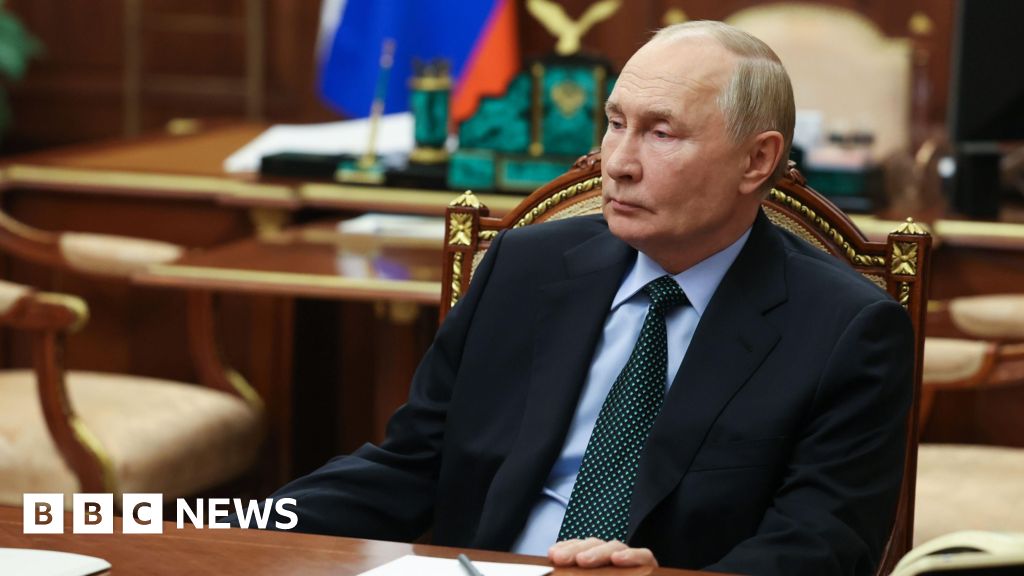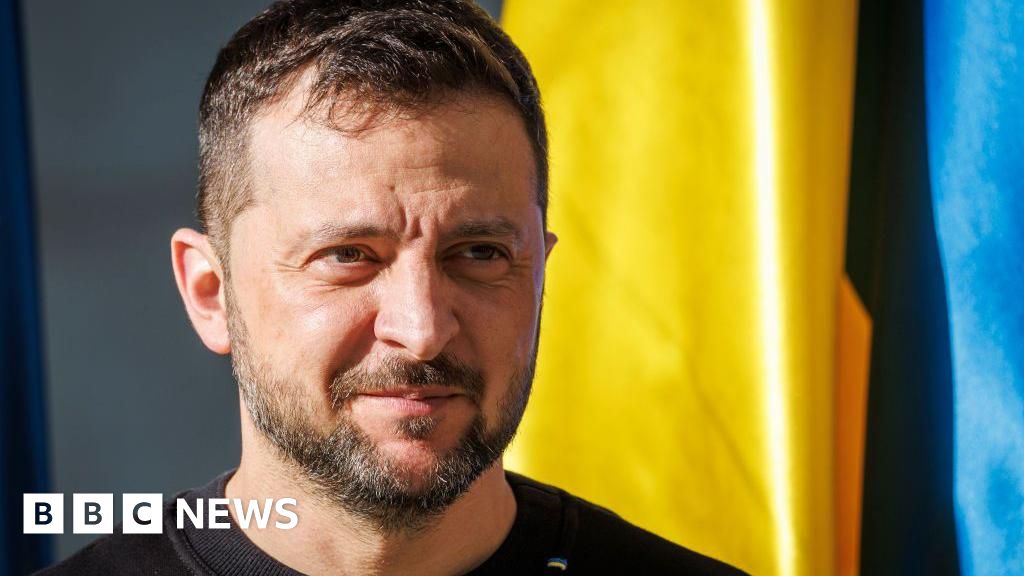ARTICLE AD BOX
By Fergal Keane & Flora Drury
BBC News in Cork and London
Micheál Martin tells the BBC about the need to nurture relations between the UK and Ireland
Queen Elizabeth's death is a reminder to the UK and Ireland that they need to "proactively nurture the relationship", the Taoiseach (Irish PM) told the BBC.
Micheál Martin noted the monarch's trip to Ireland in 2011 was a "watershed moment" for relations between the two.
It was the first trip by a British sovereign to the independent state and saw the Queen greeted by large crowds.
It was a diplomatic success, and left the Irish with a "fondness" for the Queen, Mr Martin said.
Her passing, he added, had left him with a sense of "deep sadness" - but also with hope for the future relationship between the UK and Ireland, which has come under strain amid the British government's plan to scrap parts of the post-Brexit trade deal it agreed with the EU.
"I would like to think that the visit of Queen Elizabeth II first of all to Ireland, her passing would give us all time for reflection, and will remind us of the need to proactively nurture the relationship between Britain and Ireland to enhance it in the time ahead," the Taoiseach (Irish prime minister) said during an interview with the BBC's Fergal Keane.
"And that this moment gives us that opportunity for reflection and for resetting, in a good way, that relationship."
The sight of the Irish flag at half-mast above City Hall spoke to the genuine affection of Cork people for Queen Elizabeth. Inside a book of condolence was filled with messages praising the Queen as a "healer" and "peacemaker".
One hundred years ago Cork was at the centre of the insurgency which pitted guerrillas of the Irish Republican Army against the forces of the British Crown. Following an IRA ambush in 1920, parts of the city - including the original City Hall - were destroyed by police and soldiers.
Two Lord Mayors who died in the conflict are commemorated by statues outside City Hall. One was assassinated by undercover police. His successor died on hunger strike in a British jail.
Yet by the time she arrived in Cork in 2011 it seemed sure that largescale political violence had ended on the island of Ireland. The Troubles in Northern Ireland had been brought to an end by the Good Friday Agreement in 1998 and violent activism was confined to small dissident Republican groups.
The Queen's visit signalled a closeness between the two countries after years of careful negotiation and compromise.
Mr Martin said the four-day visit had almost been about "lightening the load of history" - a history which had seen the British rule over Ireland for hundreds of years before the creation of the Irish Free State and the partition of Northern Ireland in 1922.
It saw the Queen speak a few words in Irish - a language once banned under British rule - at a state dinner in Dublin Castle, the former seat of British power in Ireland, and lay a wreath in Dublin's Garden of Remembrance - a park dedicated to Irish people who fought against the British.
It was her bowing her head in the Garden of Remembrance which struck Mr Martin in particular.
"It was a great, great gesture - more than a gesture, an act - that really meant a lot to people, and I think what it really said was, A hundred years on, we all must mature and evolve and have that generosity of spirit which allows us to look back on history in a much more informed, non-prejudicial way."
Image source, PA Media
Image caption,The Queen also visited Croke Park during the 2011 trip, the site of the Bloody Sunday massacre in 1920
However, he pointed out that King Charles III, then the Prince of Wales, had also played a role with his own visit in 1995, and then again in 2002 and 2015. He noted on the final visit, the King had made "again a very generous speech remembering all who had died". The Royal family, he pointed out, had suffered their own hurt with the killing of Lord Mountbatten, the Duke of Edinburgh's uncle, in an IRA bombing.
"All of that has helped the cause of reconciliation - the basic idea we have a lot in common now," he added.
Mr Martin also paid tribute to the new King's "great messages about climate change".
"He was there long before many, in terms of wildlife, biodiversity and climate change. That to me is leadership - in terms of pointing people in the right direction to protect future generations."

 2 years ago
25
2 years ago
25








 English (US)
English (US)